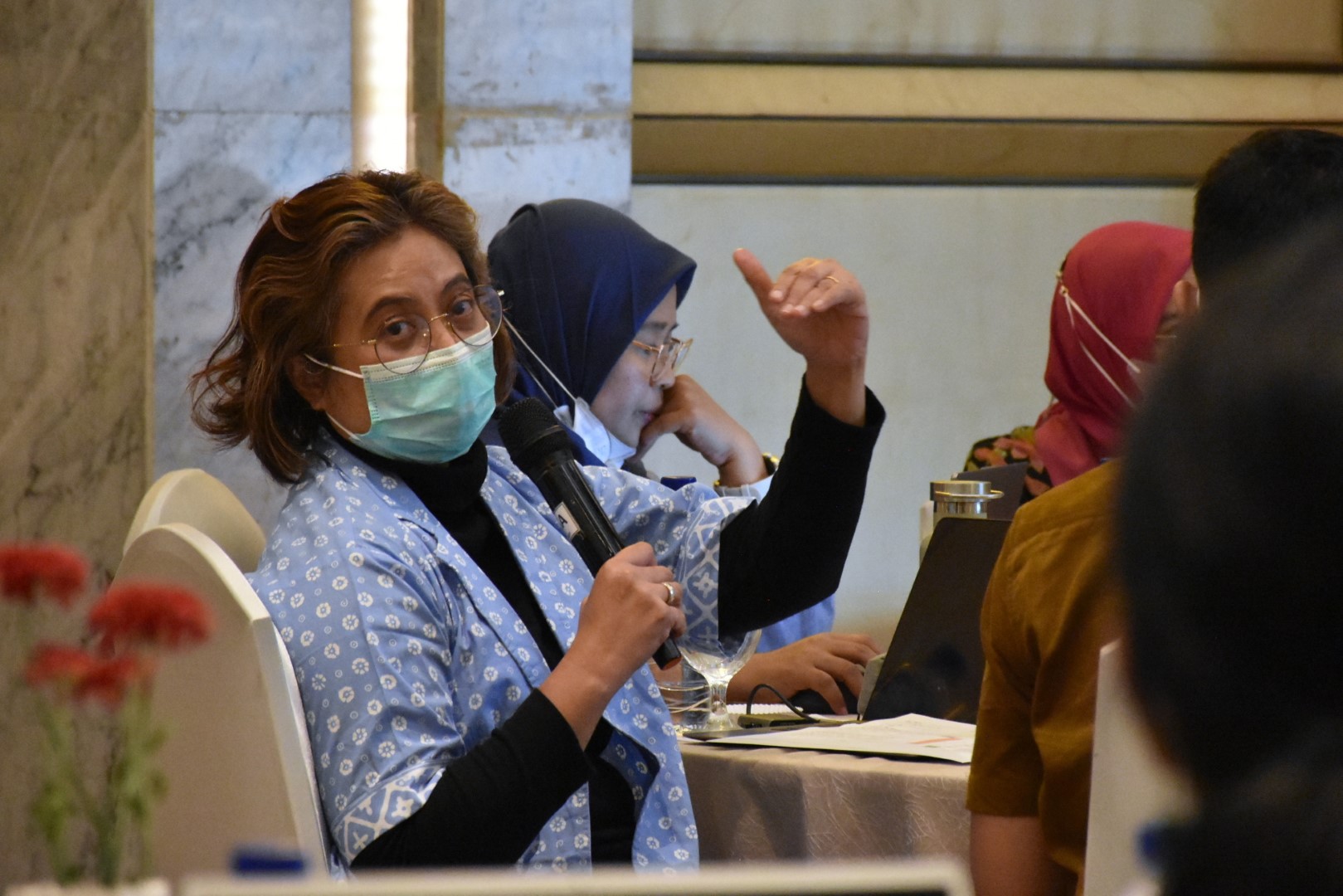The future of academic careers is entering a new phase. With strict regulatory changes, universities must respond strategically and effectively. In response, the Faculty of Dentistry, Universitas Gadjah Mada (FKG UGM) organized a Workshop on Expertise Groups (KBK) on 28 November 2024, aimed at supporting faculty career development.
Adapting to New Regulations
In his opening remarks, Dean Suryono emphasized the importance of anticipating regulatory changes. He highlighted that these changes must be addressed swiftly and wisely, and that FKG UGM remains committed to aligning with the policies of the Ministry of Health and the Ministry of Education.
"I hope that the establishment of KBK research groups will serve as a strategic step in facilitating faculty career progression toward Professorship (Guru Besar) for the 2025-2029 period," said Suryono.
Prof. Drg. Tetiana expressed appreciation for the workshop and underscored the importance of institutional organization and governance in shaping the future direction of the faculty. "Regulations such as UGM Rector’s Regulation No. 809 of 2015 form the foundation for academic development. Through discussions like this, we can develop a more comprehensive approach to new policies," Tetiana stated.
UGM as a Pilot Project for KBK Implementation
Dr. drg. Rinastiti explained that UGM has been designated as a pilot project for the formation of KBK as part of the implementation of Minister of Education, Culture, Research, and Technology Decree No. 500/M/2024 regarding Minimum Performance Indicators for Lecturers, as well as Ministerial Regulation No. 44/2024 concerning Academic Career Development and Faculty Compensation.
"KBK is also linked to the academic promotion from Senior Lecturer (Lektor Kepala) to Full Professor (Guru Besar), which is planned for the 2025-2029 period," she explained.
During this workshop, FKG UGM successfully formulated 30 KBKs, accommodating over 90 lecturers from various departments. This interdepartmental approach fosters broader scientific synergy, allowing for more innovative and applicable research by integrating various expertise areas. "A KBK does not have to be confined to a single department. For example, research on dental implants can involve faculty from the Departments of Oral and Maxillofacial Surgery, Prosthodontics, and Periodontics," Rinastiti added.
This collaborative approach enables KBK to serve as a richer and more in-depth research platform, integrating diverse academic perspectives. Interdepartmental collaboration expands research scope and enhances the relevance of findings in both scientific advancements and clinical practice.
At the closing of the workshop, Dean Suryono expressed his hope that cross-departmental collaboration within KBK would strengthen research and academic development in dentistry. "With KBK, we expect to see positive impacts on the career development of FKG UGM lecturers, both in terms of academic competency enhancement and research quality improvement," he stated.
Author and Photo: Fajar Budi H.

